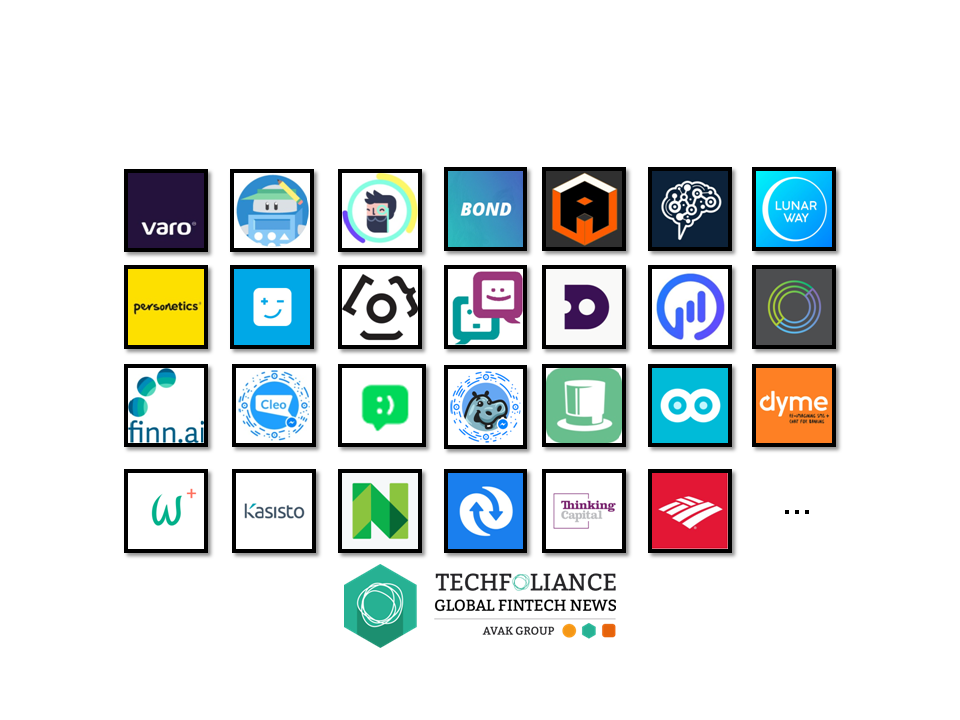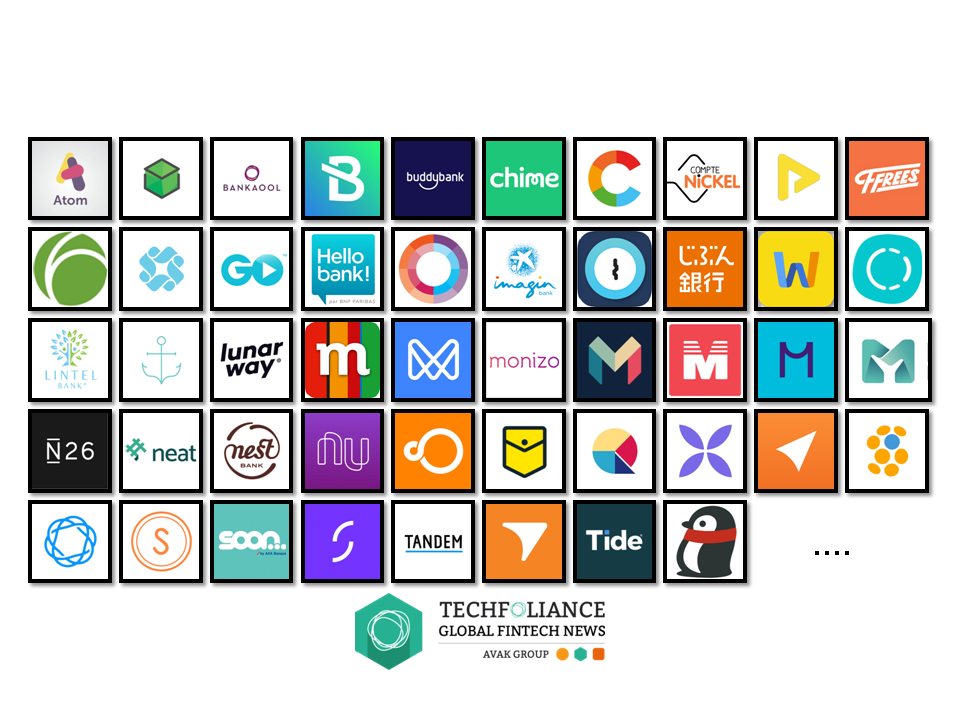
The world eyes Europe in its commitment to open the banking industry to new players to better serve the interest of end users. We call these regulatory changes the second payment services directive (PSD2) or open banking, and it all came into effect few days ago.
To put it simply, open banking is forcing banks to release Application Programming Interfaces (APIs) to let customers control their data and decide to share it or not with third-party providers.
New entrants have made APIs their core business, such as the US-based payment provider Stripe today valued at more than $9 billion. Through its set of APIs, Stripe processes payments to enable companies accept payments on their sites.
As stated by Iain McDougall, UK country manager at Stripe:
“The move to a more API-ified world does provide us with a degree of validation. I think open banking provides opportunity in a range of areas. Most obvious is the next generation of fintechs whose business models exist in and around the access of data and information that open banking provides.”
The race is on to take advantage of open banking and be positioned as the one-stop shop for a new wave of fintech startups that will aggregate banking information.
“As a payment platform built in the world of APIs, Stripe can now position itself as the infrastructure for any new businesses looking to enter a newly open financial services sector without having to do a lot of the heavy lifting of being regulated,” said McDougall.
Stripe is of course seeing huge opportunities, and has the ambition to launch new products and services in the comings months such as account and identity verification.
This article was first published in Computer World


![[Facts&Figures] Are You PSD2-Ready? By Deutsche Bank](https://insights.invyo.io/europe/wp-content/uploads/2017/12/Techfoliance-europe_are-you-ready-for-psd2-by-deutsche-bank.png)










